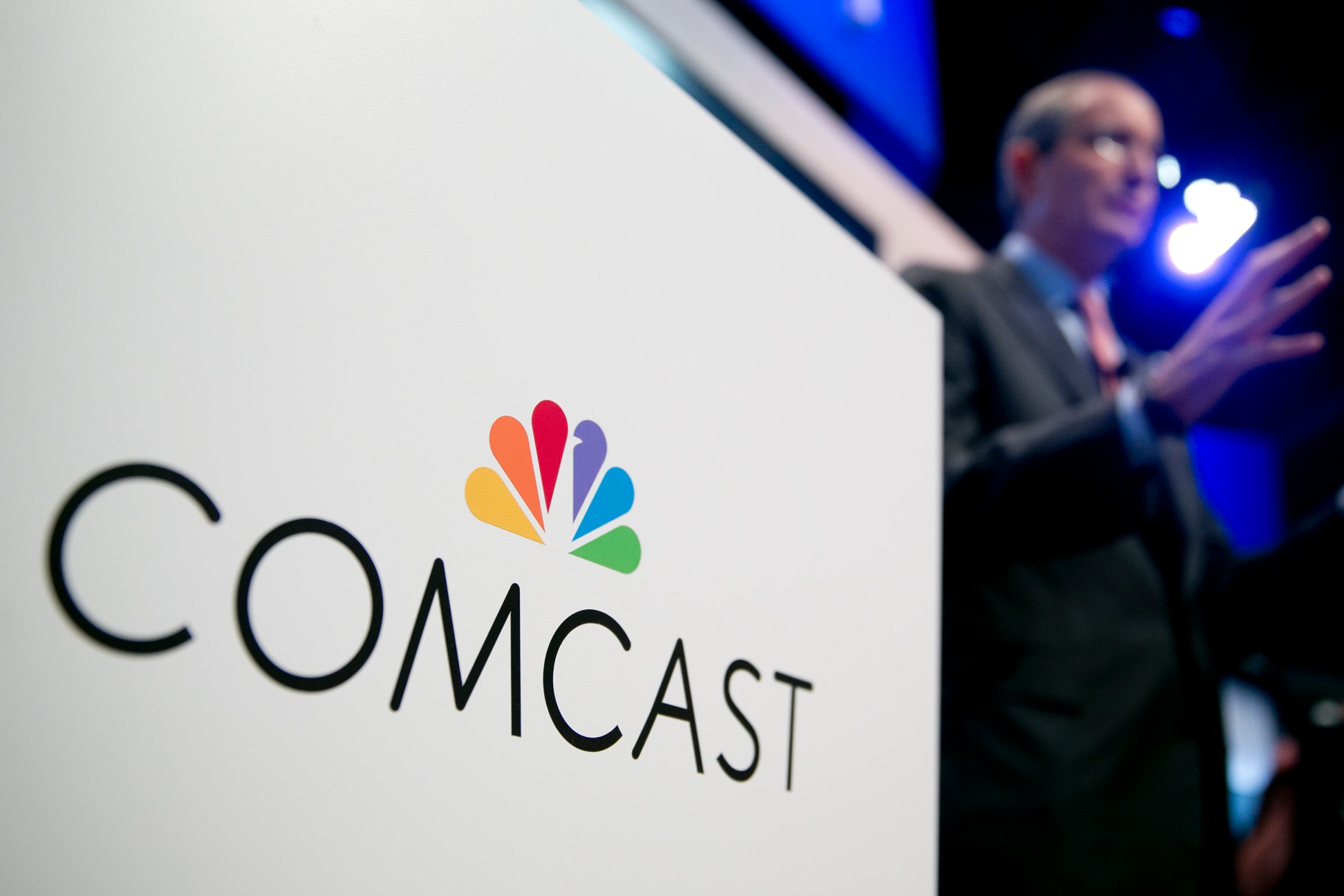
Comcast walked away from its $45.2 billion proposed merger with Time Warner Cable, according to a statement released Friday.
The unexpected change of heart—attributed to unnamed sources by Bloomberg News, CNBC and the New York Times (Comcast declined to comment to TIME)—comes just a day after government officials at the Federal Communications Commission and the Justice Department expressed doubt this week that a marriage between the nation’s two largest cable companies would serve the public interest.
But advocates for robust antitrust action shouldn’t celebrate too much. The collapse of the merger had more to do with the specifics of this particular deal than a return to the 1970s, when the federal government last engaged in energetic trust busting.
For starters, the two companies involved in this particular marriage are uniquely unpopular. In poll after poll, Americans ranked both Comcast and Time Warner Cable as among the most-hated companies in the country. The prospect of two nationally despised companies merging into one bigger despised company did not earn much public support. Though 97 members of Congress signed a letter in 2011 in support of the unprecedented merger between Comcast and the much less-hated NBC Universal, this time around, there was hardly a peep.
Weak public support for the deal was also exacerbated by bad timing. The announcement of the proposed merger in February 2014 just happened to coincide with what became, over the course of the last year, a frothy, nationwide debate over net neutrality, the idea that all web traffic should be treated equally. While Comcast did its very best to separate its proposed merger from the hubbub over a free and open Internet, it was a tough sell. Comcast, which charged Netflix for faster delivery of its content—a violation of many people’s idea of net neutrality—found itself constantly in the news.
But even if the environment had been pristine for a merger of two giant companies, the fact that Comcast and Time Warner Cable are regulated by the FCC meant that, unlike with most mergers, this one always had to clear two separate hoops: one with the FCC and one with the Department of Justice.
The FCC was charged with determining whether the transaction would serve “the public interest, convenience, and necessity”—a nebulous standard that only exacerbated the companies’ problems. Meanwhile, the Justice Department had to decide whether the larger, combined Comcast would constitute a monopoly—another vaguely worded mandate that left room for interpretation.
The FCC, while technically an independent agency, doesn’t operate in a vacuum. Just weeks after President Obama expressed support for the strongest-possible net neutrality rules last November, the FCC proposed them. So it’s perhaps not insignificant to mention that Obama, a second-term Democrat who’s currently going to battle with liberals by supporting the biggest free-trade deal of all time, would throw the left a bone by quietly encouraging both agencies to slow-roll a merger that most Americans hated anyway.
If Comcast walks away from the Time Warner Cable merger as reported, anti-trust groups who vehemently opposed the deal will celebrate.
But there’s no reason to believe that the $49 billion merger between AT&T and DirecTV—or any of the other huge marriages coming down the pike—won’t go through without a hitch. Anti-trust organizations may have won a battle, but they’re still losing the war.
More Must-Reads From TIME
- The 100 Most Influential People of 2024
- The Revolution of Yulia Navalnaya
- 6 Compliments That Land Every Time
- Stop Looking for Your Forever Home
- If You're Dating Right Now , You're Brave: Column
- The AI That Could Heal a Divided Internet
- Fallout Is a Brilliant Model for the Future of Video Game Adaptations
- Want Weekly Recs on What to Watch, Read, and More? Sign Up for Worth Your Time
Write to Haley Sweetland Edwards at haley.edwards@time.com